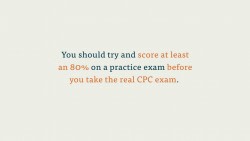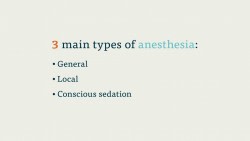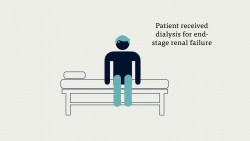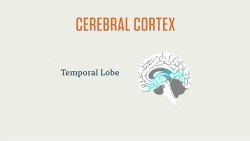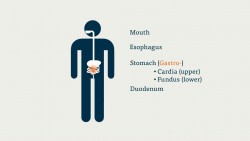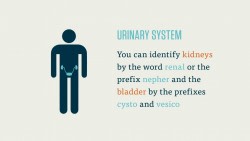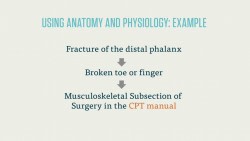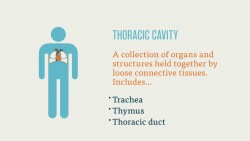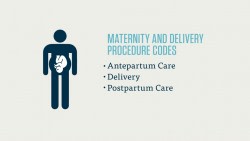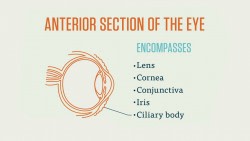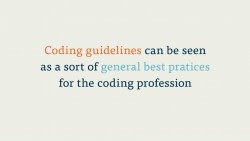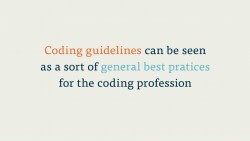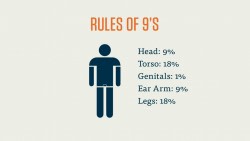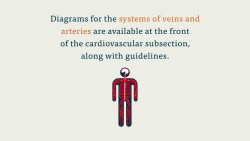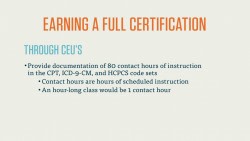The CPC exam does not limit its coverage explicitly to coding. On the exam, you should expect to see at least a few general practice management questions.
You won’t find practice management in your ICD-10-CM or CPT manuals, because it’s actually more closely related to the billing side of medical coding. Since coding is such an important part of the reimbursement cycle, however, it makes sense for the AAPC to test you on the basics of practice management.
When preparing for the test, you’ll need to know about the basic types of payer, including Medicare, Medicaid, and other third party payers. You should be familiar with the different types of managed care and the basic building blocks of the payer-patient relationship, including deductibles, co-pays, and co-insurances. You’ll find more detailed information about all of this in Section 3’s Courses on medical billing.
As part of the patient management portion of the CPC, you’ll also need to know about medical necessity. This is a relatively basic concept for coders, as you should be familiar with using ICD codes to demonstrate medical necessity on the superbill.
Test-takers should also be familiar with Relative Value Units, or RVUs. RVUs help determine the cost of physician services for Medicare. Each CPT (or, in the case of Medicare, HCPCS) code has an RVU attached to it, which helps determine the value or cost of the procedure. Each RVU is composed of three aspects: the physician work, the practice expense, and the malpractice premium. In order to determine the cost of a procedure, each of these values is multiplied by a unique geographic price index and added up. That number is then multiplied by the Medicare conversion factor (CV), which is the dollar amount Medicare will pay for one RVU. This sum is the cost of the procedure.
You should be aware of HIPAA and how it affects privacy, security, and the coding standards in use today. You can find more information about HIPAA and its effects on medical billing and practice management in Course 3-8.
It’s a safe bet that you will not see very many questions on practice management, and those that you do will probably be relatively general. Still, it pays off to have a picture of the entire reimbursement process, as opposed to a confined expertise in coding, so be sure you know at least a little bit about practice management.

